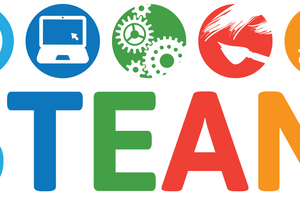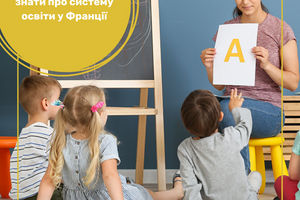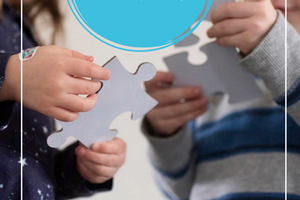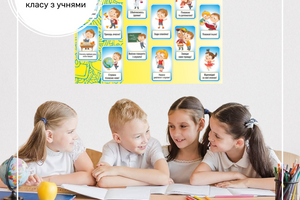We speak of effective communication when people correctly perceive the meaning of the interlocutor's statement, in accordance with his intention. The ability to communicate, contrary to appearance, is not the easiest at all, especially since we are accompanied by many obstacles.
The effectiveness of communication depends on people talking to each other:
- have the ability to express and verbalize their thoughts correctly,
- be able to listen to the interlocutor,
- try to avoid communication blocks.
Steps to effective communication:
- talk about what you feel and think in the first person singular, make sentences with the subject "I" instead of the subject "you",
- try to make eye contact with the interlocutor,
- pay attention to tone of voice, body posture,
- express your feelings and views directly, openly, without hints, respecting the interlocutor,
- formulate general judgments and evaluations as personal opinions, and not as the only truth,
- transmit negative content face-to-face, without the presence of other people,
- when talking to someone, try to sympathize with their feelings, react empathetically
Effective listening:
- attentiveness – focus on what the other person is saying (content and non-verbal messages) and not on what you are going to reply (counter-arguments, advice, etc.)
- give non-verbal listening signals (eye contact, body posture),
- try to empathize with the other person's experience, but without "mind reading", judging intentions and motives,
- accept the interlocutor's feelings, do not deny them,
- explain messages received - check whether you understand well what someone meant, ask for more information, clarify the meaning of words, check your own understanding of someone's experience,
- being a listener, suggesting rather than dictating your own solutions,
- avoid judgments and criticism, moralizing, accusations, comparisons with others.
Steps to effective listening:
- listen calmly and attentively,
- accept feelings with the help of: "oh", "I understand" (you can accept all feelings, but some actions should be limited)
- identify, name these feelings,
- describe what you heard (paraphrase), specify the meaning of the words,
- show understanding (even if you have a different point of view, say: "I would have behaved differently myself, but looking at it from your point of view...)
The most frequently used communication blocks:
- DENIAL OF FEELINGS "don't worry, everything is fine, you're exaggerating"
- TIP "I think you should..."
- QUESTION "What urgent matters prevented you from fulfilling the additional assignment of the chief?" Why didn't you think before that such things were dealt with at once?'
- PROTECTING ANOTHER PERSON "I understand your boss's reaction, he probably has something on his mind"
- SORRY "poor thing, I'm so sorry I want to cry"
- COMFORT "don't worry, it could be worse"
- CONTEST "I'm sure I'll do better than..."
- SCIENTIFIC NOTES "Studies have shown that..."
- PHILOSOPHY'S ANSWER: "That's life, you have to understand that nothing in the world is perfect"
- CHANGING THE SUBJECT "Look, isn't this a wonderful place..."
- AMATEUR PSYCHOANALYST "It has not occurred to you that the real reason you are upset is that your boss reminds you of your father"
- FILTER "Another good day at work, huh?"
- DEFENSE-ATTACK "yes, but you..."
- IDENTIFICATION "it's just like when I..."
- IGNORING "..."
- LABELING "Oh come on, you're totally paranoid"
- Sarcastic remarks
Thanks to proper communication, a person is able to convey his own feelings, emotions and needs. This is very important, so from early childhood it is worth doing exercises with children to improve communication skills.
At the first stage, it should be done, for example, through a game using cards for communication exercises, which are an interesting form of exercises that affect the development and improvement of communication and observation skills.
















































